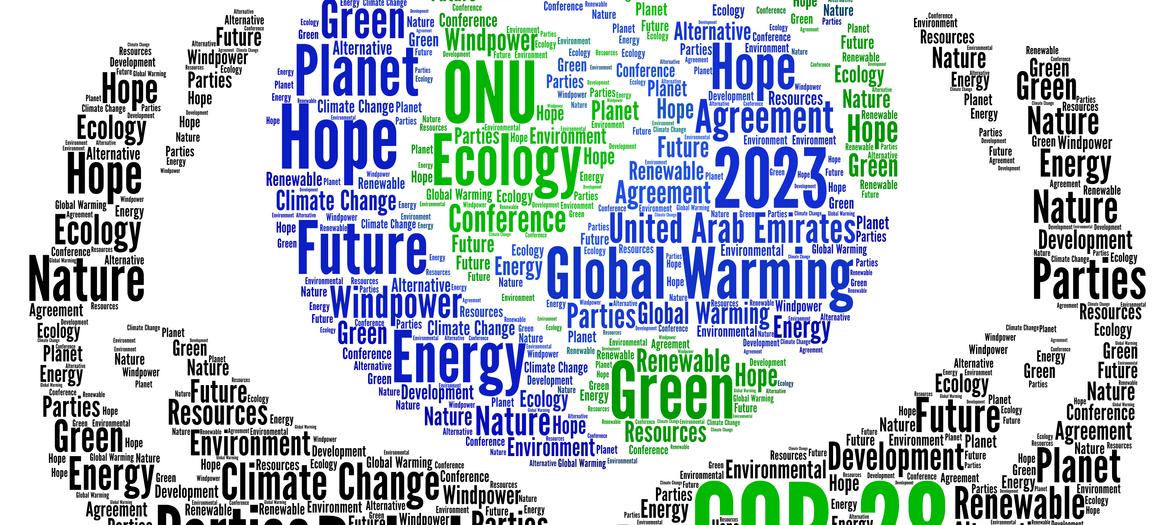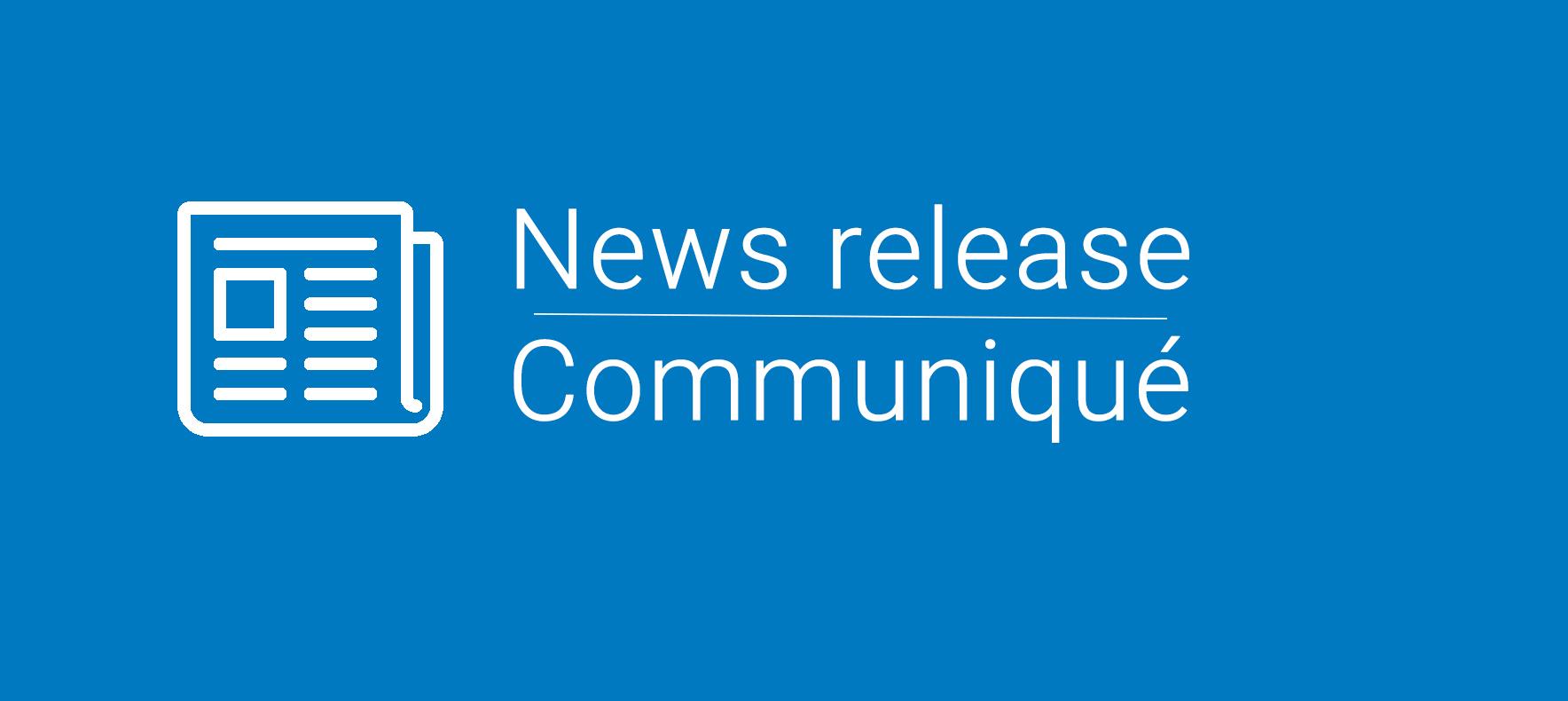-
https://climateinstitute.bmo.com/static/images/clock-icon.svg
5 Minute Read
-
Listen
-
Stop
-
Text Bigger | Smaller
Corporate climate action appears to be reaching a new phase. More companies in the United States and Canada are implementing mitigation plans to reduce carbon pollution, reach sustainability goals and pursue business opportunities, according to the BMO Climate Institute Business Leaders Survey.
Organizational factors have a pronounced impact on the effectiveness of those plans. It is not uncommon for departmental divisions to separate sustainability work from other parts of a company and its suppliers, or to isolate climate-related responsibilities from certain corporate functions. However, these silos can be a progress blocker.
This was one of the challenges that BMO addressed in 2021 by forming the Climate Institute. The Climate Institute supports BMO's ambition of being our clients' lead partner in the transition to a net-zero world by bridging science, policy, finance and economics to accelerate climate solutions. But at the Climate Institute, we knew we would need to convene expertise throughout the bank to advance our collective thinking on solutions. We couldn't do it on our own.
After all, even corporations with the most ambitious climate goals have to figure out the right expertise, buy-in and priorities needed to meet their targets.
Why sustainability silos undermine progress
A 2023 BMO survey of U.S. and Canadian business leaders reveals the growing connection between climate and corporate competitiveness:
-
Respondents who indicate their companies are addressing climate change because "it's important for my business" increased from 51 percent in 2022 to 61 percent;
-
The share who said "my company is better run by addressing climate change" rose to 33 percent from 27 percent last year.
However, a breakdown occurs between understanding the business case for climate action and outcomes. According to a Boston Consulting Group survey, while 96 percent of large businesses have set targets for reducing emissions, only 63 percent have set the kind of interim targets needed to reach that goal — and just 11 percent have cut their emissions in line with their ambitions over the past five years.1
While several factors contribute to this gap, a Harvard Business Review analysis calls the siloing of climate action from other key corporate functions "hidden enemy #1" of corporate sustainability efforts.2 A company's environmental and social impact is the culmination of enterprise-wide activities and priorities, and advancing toward sustainability goals must be a similarly all-hands-on-deck effort. Limiting sustainability expertise and buy-in to a single department can slow the integration of initiatives throughout the organization. Because most companies were built to prioritize profit and growth above all else, a single sustainability officer or program stands little chance of success unless their efforts are aligned with the rest of the organization, including its value chains.
As Poul Weihrauch, the CEO of candy company Mars, said in a recent interview, "Sustainability must be embedded throughout the organization — not in a single department, but as part of everything we do."3
How BMO's Climate Institute helped to unlock expertise
Like other complex organizations, BMO has many departments with different objectives. The Climate Institute's Fellowship Program is a way to tap diverse skillsets and expertise from across the enterprise to support the bank's climate goals and share knowledge. A challenge as immense as climate change requires this kind of approach.
Climate Fellows are BMO employees selected to work with Institute staff for half-year engagements on climate-related projects. The program enables participants to apply their unique expertise toward advancing climate solutions and then bring their experience and excitement back to their own business units, enriching their careers.
The second cohort of four fellows — one in HR and three in compliance, including BMO's Chief Compliance Officer — recently completed the program. Their experience helped apply a climate lens over their regular responsibilities.
Introducing the BMO Climate Institute Fellows
Here is an overview of what our most recent fellows accomplished:
IDENTIFYING OUR MOST VULNERABLE COMMUNITIES
Michelle Marais, a senior compliance officer in the Fair and Responsible Banking analytics division, uncovered neighbourhoods BMO serves where climate risks overlap with low- and middle-income and minority communities. This resulted in a detailed database that can help BMO anticipate potential regulatory responses to climate risks.
“We’re just starting to see social impact, finance and environmental risk all coincide in research and data equity issues,” Marais says. “This is something we’re hearing about more and more in government and politics and public policy, but not in the financial sector.”
STREAMLINING CLIMATE INCENTIVES
The project spearheaded by our two other compliance colleagues, Benjamin Koester and Dean Folias, brings regulatory clarity to a climate issue, specifically the range of incentives available in the United States and Canada under recently passed laws like the U.S. Inflation Reduction Act.
Koester and Folias created a database that streamlines this information for our staff and enables BMO teams to integrate this information and better serve our clients. Folias says that the work helped him to make connections within the bank outside of his day-to-day interactions — a key lever in seeding sustainability thinking throughout the organization.
BUILDING CLIMATE-FOCUSED WORKFORCE CAPACITY
In the third project of this cohort, our HR colleague, Lesley-Anne Carrothers, managed the roll-out of climate-focused training modules for all employees, building workforce capacity on subjects like the causes of climate change, risks and opportunities, and the implications for the bank. This training is a foundational aspect of staff education, so including climate content could help spark engagement throughout various functions of the organization. Some areas of the bank are now considering making the training mandatory.
Other paths to enterprise-wide climate progress
While the Climate Institute's Fellowship Program was built around BMO's unique corporate structure, the key element is forming relationships between sustainability leaders and talent throughout the enterprise.
Yet, this isn't the only way to distribute climate expertise throughout the organization and it should not be a company's only strategy with this aim. Other critical steps toward removing corporate sustainability barriers include:
DEMONSTRATING CLIMATE LEADERSHIP AT SENIOR LEVELS
The United Nations' "Roadmap for Integrated Sustainability" emphasizes the critical role of top leaders: "One cannot overstate the importance of the substantive and symbolic role the CEO and other executive leaders play in setting vision, reinforcing sustainability's relative priority and modeling new desired behaviours." 4
TYING SUSTAINABILITY TO FINANCE
CFOs have the potential to become key corporate sustainability leaders, from integrating climate risk into their work to leveraging sustainable finance tools that tie advantageous terms to climate targets.
ENTERPRISE-WIDE DATA GATHERING
A recent MIT Technology Review analysis highlights the importance of approaching ESG data-gathering in the same "rigor and granularity as financial reporting," implementing enterprise-wide systems and processes.5
Whether you're a CFO or a compliance officer, when addressing climate change feels organic to your core job, it's more likely to meaningfully impact your work. Integrating sustainability throughout the enterprise doesn't require a sea change; it does require a strategic approach and a willingness to collaborate across the organization. But as we've seen at BMO, it can be done.
1. Boston Consulting Group, Closing the Climate Action Gap, accessed November 2023.
2. Elisa Farri, Paolo Cervini, and Gabriele Rosani, How Sustainability Efforts Fall Apart, Harvard Business Review, September 2022.
3. McKinsey & Co., The State of Organizations 2023, April 2023.
4. United Nations Global Compact, Roadmap for Integrated Sustainability, accessed November 2023.
5. MIT Technology Review, Integrating sustainability into business strategy, September 2023.
Featured Publications

“It was a great privilege to be at COP28 representing BMO and helping advance the matter on c…

Corporate climate action appears to be reaching a new phase. More companies in the United States an…

BMO Arranges Green Financing to Fund New Lawson Centre for Sustainability, Trinity College's Mo…





